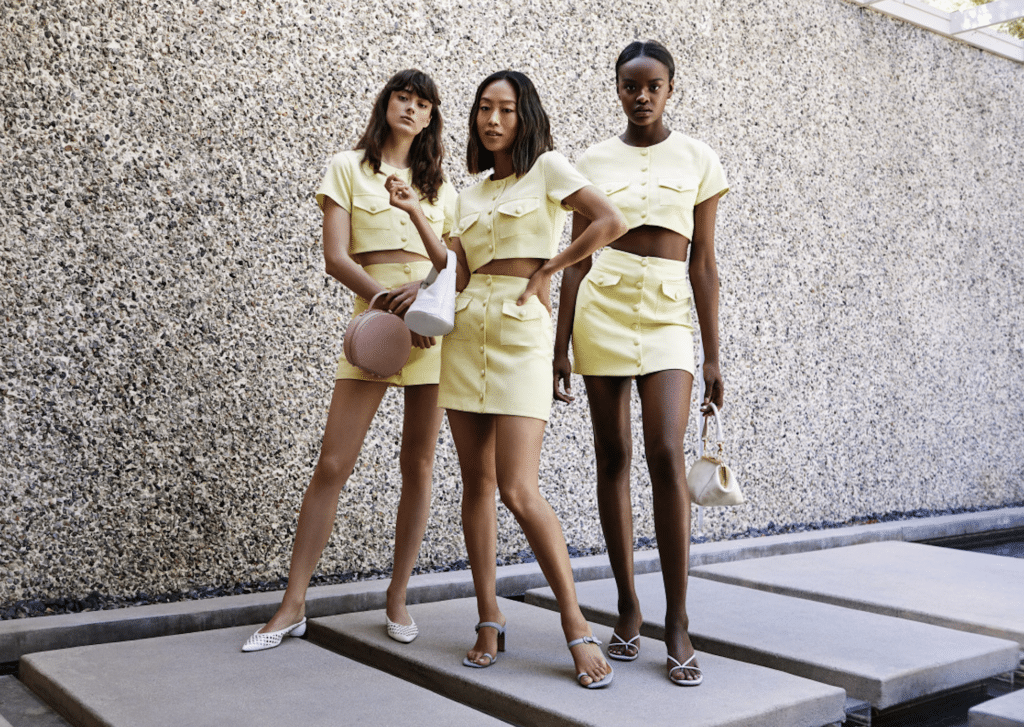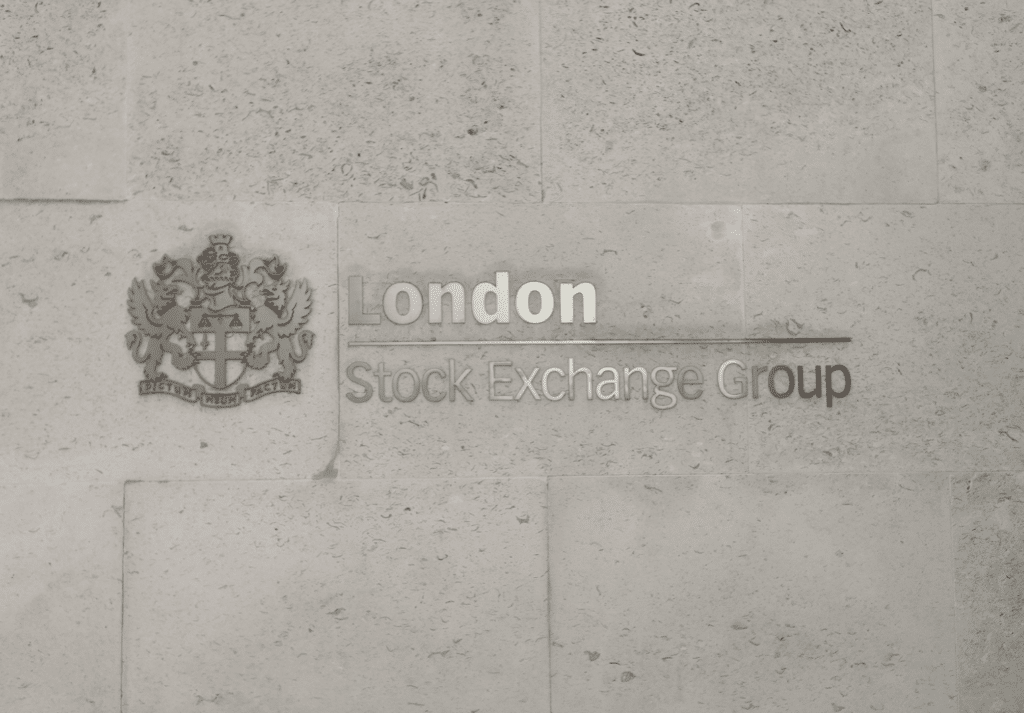In 2023, an under-the-radar private equity firm in Luxembourg got its start by raising more than $110 million and investing in three retail-focused companies: Fusalp, the European ski clothing brand; the 1916 Company, a leader in the sale and evaluation of new and second-hand luxury watches; and Syrup, a disruptive artificial intelligence technology provider of inventory management and demand forecasting solutions for retailers. The brainchild of David Wertheimer, 1686 Partners was quietly looking to implement Wertheimer’s “disruptive and global vision of lifestyle companies” in the modern market.
Fast forward to 2025 and with a newly-revamped website, a recently-launched social media presence, and at least one significant new hire, 1686 Partners is pulling back the curtain on its now-2-year-old venture. The most critical revelation: Its portfolio – under the watch of newly-hired Head of Investment David An, who joined from his fashion, beauty, and sports investment post at Sequoia Capital in Shanghai – has since grown to include six new names. 1686 boasts stakes in New York-based artist collective MSCHF, French performance sportswear and footwear company SATISFY, inclusive beauty brand EADEM, luxury eyewear-maker AHLEM, South Korean record label THEBLACKLABEL, and Italian hospitality brand Triple Sea Food.
Dedicated to identifying and fostering “disruptive and sustainable” fashion, beauty, wellness, and sportswear companies across the luxury and aspirational market segments, 1686 Partners is not merely looking to make a mark on the investment landscape; it is potentially shedding light on the future of the retail market by way of its specific emphasis on the needs – and wants – of younger demographics of consumers.
Speaking to two critical aspects of its investment agenda in a release in late 2023, 1686 Partners stated that its efforts are informed by “the millennial generation and a growing weight of Asia,” and a “globalized, connected middle class [that is] increasingly concerned about the planet and defined by its own consumer codes.” Given that this pool of consumers is “completely revolutionizing today’s brands and companies,” the Wertheimer-led firm asserted that the offerings and the economic and operational models of many companies “must evolve in order to face these new challenges, especially in terms of distribution, consumption mode, technology, responsible production, traceability or access to raw materials.”
The fund is going after these types of companies, i.e., ones that are “adopting sustainable materials, using innovative distribution channels (e.g., direct-to-consumer platforms), and understanding the expectations of new consumer generations,” the firm said in a statement. And to do so, it is bringing together strategic, institutional, family and international investors who are “committed to a project that goes beyond the purely financial logic” to consider factors like sustainability.
With this in mind, beyond the venture capital to later-stage capital contributions necessary for the development of its targets, 1686 Partners says that it will provide portfolio companies with “committed assistance for the integration of an ambitious ESG charter, as well as a sharing of know-how on marketing, management, distribution and innovation in order to accelerate [their] growth potential.”
The size and terms of the minority stakes that 1686 Partners has taken in the aforementioned brands have not been disclosed but in exchange for investment, members of the 1686 team – which consists of upwards of a dozen people in Europe – have been allotted board seats. Mr. An, for example, has been a board member for SATISFY and AHLEM since January 2025 and February 2025, respectively. Jonathan Farrugia, the firm’s Investment Director for Consumer & Lifestyle, is an AHLEM board member, and a MSCHF and THEBLACKLABEL “board observer.” (Based on LinkedIn data, 1686 took a stake in EADEM in July 2024 and AHLEM in February 2025.)
> The crux of 1686’s approach and the future of the retail market by extension (assuming the firm is on the money and it likely is): The rising influence of millennials, Asia, and a globally connected, eco-conscious upper-middle class.
No stranger to the space, 38-year-old Wertheimer – son of Chanel owner Gérard Wertheimer – has a track record by way of his management of Mirabaud Asset Management’s Lifestyle Impact and Innovation fund, which, as of 2023, had 115 million euros in commitments, 18 companies in its portfolio, and 2 completed sales.
Asked about his budding 1686 venture in 2023, Wertheimer said: “Our ambition to have an impact on the lifestyle industry globally … is based on two main pillars: continuing to innovate, taking into account all the aspirations of the new generation and developing new concepts, new brands that will meet the needs of tomorrow’s consumers. It is important to participate proactively in the transition of the economy towards more sustainability.”














